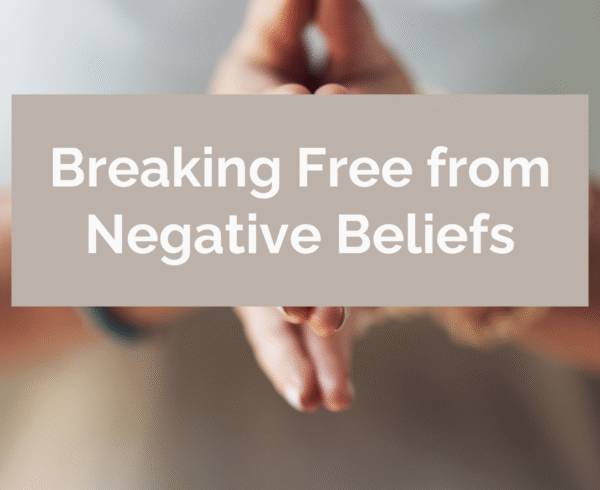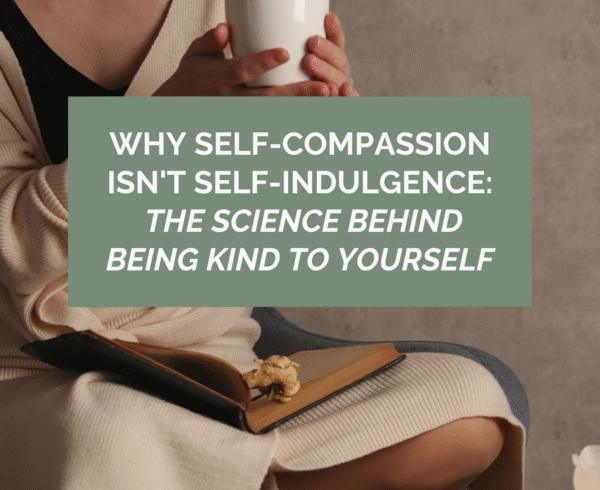March kicked off with a night in hospital, with a planned Laparoscopy procedure to investigate endometriosis. I had been putting off this surgery for a while now and to my unawareness the month of March turned out to be Endometriosis Awareness Month. So I thought it was a perfect time to write a bit of a post {slash} journal about the condition and my recent journey.
If you have had a chance to read My Wellness Journey, you would know that I was diagnosed with Ulcerative Colitis (UC) at a very young age and later with a number of other health issues including PCOS. Over the years I have incorporated a number of natural therapy modalities into my wellness regime. This has helped to reduce my symptoms, which has enabled me to lead a predominantly symptom and drug free life. Although my health had improved incredibly over the years, now and then I would still experience symptoms. Predominantly bloating, constipation, blood, food intolerances and occasionally severe pelvic pain. It wasn’t all the time but enough for me to realise that something else was going on (other than the ulcerative colitis).
So what exactly is endometriosis?
Endometriosis occurs when the endometrium (cells lining the uterus) grow in other areas of the body, most commonly the ovaries, fallopian tubes, bladder and bowel. Although the hormones that control our menstrual cycle influence the endometrium cells, endometriosis is considered to be an inflammatory disease rather than a hormonal condition.
Why does it happen?
The cause of endometriosis at this stage is unknown, however there are studies that suggest an autoimmune link. Other factors that have been shown to play a possible role in endometriosis are genetics, retrograde menstruation, environmental toxin exposure to dioxin and formaldehyde, and you guessed it – the health of the gut microbiome (good/ bad bacteria). More research into the causes of endometriosis is happening as we speak.
So what are the symptoms of endometriosis?
You see, although endometriosis is well known for causing severe period pain and infertility, many of my patients are shocked when I point out the other symptoms that can often be experienced with endometriosis. This includes pain during sex, pelvic pain, ovulation pain, pain in the lower back and thighs, heavy menstruation, PMS, fatigue, large clots and spotting during the cycle. However, the symptoms are not just confined to the reproductive system, gastrointestinal symptoms are also quite common. These include bloating, constipation, diarrhea, nausea and blood in the stool. This is because endometriosis can be found all over the body, not just in the reproductive organs.
So what took me so long to get investigated?
Now if you are a patient of mine and your reading this, you would know I always suggest immediate investigation if there is any abnormal symptoms. I know, I know, I went against my own advice, however isn’t it “do as I say not as I do”. In all seriousness, I had on several occasions asked for further investigation. Unfortunately, My symptoms were constantly brushed off as a result of my ulcerative colitis diagnosis. Now don’t get me wrong, the gastrointestinal symptoms I was experiencing are associated with ulcerative colitis – but I felt it was more than this. It wasn’t until I found the right health professionals, that listened to my concerns and was just as concerned as I was, that the process began. And let me tell you – it took a hell of a long time and energy to find them!
I can’t stress the important of having a supportive and knowledgable network when it comes to your health. I am so grateful that I have now found that for not only myself but also my patients. I am now able to refer patients to the right people, in the right area who will listen to their concerns and investigate appropriately. I constantly encourage people to get further investigation when something doesn’t feel right. If you aren’t getting the response you need, keep searching or find someone that can point you in the right direction. It is your right to a healthy life and you more than anyone else knows your body the best.
In my next blog I discuss Foods that Fight and Foods That Feed Endometriosis, and also the Natural Treatments that have been shown to be effective in the management and treatment of endometriosis.
In Health & Happiness
Chae Calder
0











Leave a Comment